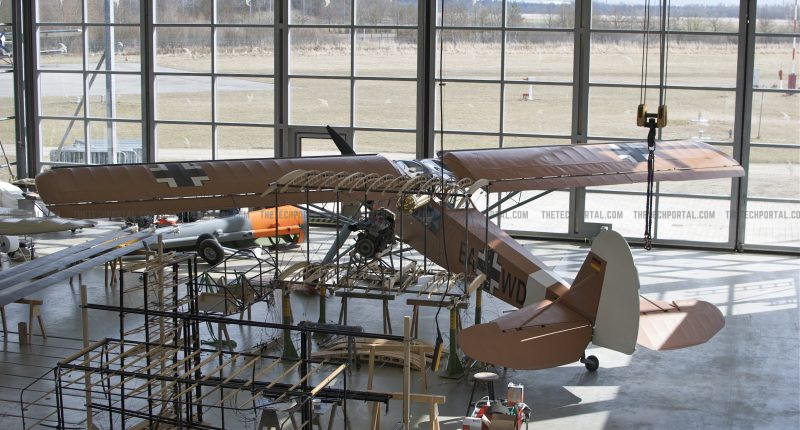Jeh Aerospace, a startup focused on solving bottlenecks in the global aerospace equipments supply chain, has raised $11 Million in a Series A funding round led by Elevation Capital. General Catalyst, which backed the company’s seed round, also participated in the latest raise. The funds will be used to expand manufacturing capabilities, as well as boost the company’s software-led production systems.
The latest fundraise brings Jeh Aerospace’s total venture capital raise to approximately $15 million, including an earlier seed investment of $2.75 million. It follows a recent undisclosed investment from IndiGo Ventures, the recently launched investment arm of India’s largest airline.
Co-founded by former Tata Group executives Vishal R. Sanghavi and Venkatesh Mudragalla, Jeh Aerospace builds flight-critical metallic components for aero engines and aerostructures. These are supplied to US-based Tier 1 vendors serving aircraft manufacturers like Boeing and Airbus. The company’s operations span two continents, with its headquarters in Atlanta and its primary manufacturing facility in Hyderabad, India. “We are redefining aerospace manufacturing with software-driven precision, ensuring that high-quality parts are delivered reliably and on time. This funding from Elevation Capital and General Catalyst will allow us to build mega factories and enhance our technology while continuing to deliver exceptional value to our global customers,” Sanghavi announced in an official statement.
Over the past 18 months, the company has expanded from a small founding team to more than 100 employees. It has delivered over 100,000 flight-critical parts and secured $100 million in long-term aerospace contracts. This momentum comes amid surging demand for aircraft components globally. Currently, Jeh Aerospace’s business model is built around “friend-shoring,” which leverages India’s engineering talent while keeping close proximity to US aerospace customers. This dual-location model, the founders argue, creates resilience in the global supply chain, which reacts to geopolitical shifts. This strategy is in line with the existing tech collaborations between the US and India, including initiatives like the iCET framework that encourage aerospace co-development. As American manufacturers diversify away from China, Jeh’s India-US footprint positions it as a geopolitically favorable supplier.
Hyderabad’s emergence as an aerospace hub, with players like Boeing, GE, and Lockheed Martin already present, gives Jeh access to a deep talent pool. The company is also exploring partnerships with IITs and NITs to formalize academic-industry pipelines for future workforce expansion. To support its talent pipeline, Jeh has established the Jeh Centre of Aerospace Skills, an in-house training program designed to upskill workers for high-precision tasks and support long-term workforce development.
Commercial aircraft orders have reached record levels, with backlogs nearing 15,700 units, according to McKinsey. Tier 1 suppliers are struggling to meet demand, creating an opportunity for agile firms like Jeh to bridge the gap with faster production cycles. Jeh Aerospace uses what it calls a “software-defined” manufacturing process that integrates robotics, IoT, and AI tools to dramatically reduce production lead times. While industry averages hover around 15 weeks for new product introductions, Jeh claims it can deliver within just 15 days, which is something that is beneficial for its partners.
The Tech Portal is published by Blue Box Media Private Limited. Our investors have no influence over our reporting. Read our full Ownership and Funding Disclosure →





